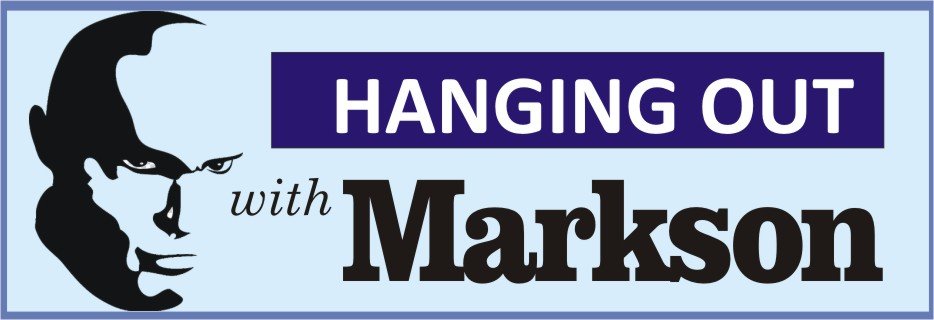
Port Harcourt — What attracted my attention to the pen profession is the power to rebuke, rebrand and rebuild. No other profession (or calling, if you like) takes the other person’s business as theirs as the media do. You can call them busy bodies, hornet stirrers or pests and they are truly these and more, for the right reasons! Among other things, the media hold government accountable to its promises and programmes, speak truth to power, expose corruption and check the propensity by public officials to abuse their office. True, activists can also canvass for the public good, but without the support and platform offered by the media, they would achieve the same effect as someone winking in the dark! You’ll therefore understand why American statesman Thomas Jefferson, said, “If I had to choose between government without newspapers, and newspapers without government, I wouldn’t hesitate to choose the latter.” Sad to say, people like Jefferson will turn in their graves at the report that close to 1,700 journalists lost their lives over the past 20 years, between 2003 – 2022. It means some 80 journalists were killed annually during the period under review. Paris-based Reporters Without Borders (RSF) which authored the report says, “the last two decades have been especially deadly for journalists.”
The journalists were killed simply for doing their work – a Mexican who fell victim in a bar shooting, a Russian who was hit by a “stray bullet”, a Pakistani who was targeted in Kenya and a Haitian who got caught up in the gang violence in that country. According to RSF, Iraq and Syria constitute the most dangerous countries for journalists, accounting for “a combined total of 578 killed in the past 20 years, or more than a third of the worldwide total.” A total of 58 journalists were killed last year alone up from 51 in 2021. Apart from the risks of reporting from hostile environments and muckraking, journalists face the greatest threat in war zones. Eight journalists have been killed in Ukraine since Russia invaded the country on February 24, 2022. This is against the death of 12 media professionals in Ukraine over the preceding 19 years.
Coming home to Nigeria, we may not be talking of death of journalists but the harassment by the authorities is equally concerning. The Press Attack Tracker set up by the Premium Times Centre for Investigative Journalism which reports “threats and attacks” on the media says there were over 30 cases of attacks on journalists between January and September 2022. It makes such incidents last year “the second highest in four years after 2019 when 74 attacks were recorded.” The attacks range from, open threats to detention and court appearances. Of course, these pale into insignificance when we recall the murder by parcel bomb of Dele Giwa in Lagos on October 19, 1986. He was aged 39, in the prime of his career as a journalist. The murder has never been solved to the shame of the Nigerian state.
It is important to remind ourselves of the tension that exists between the media and government. This won’t go away. The media is not an arm of government except in a socialist or communist system where the party or government exercises control over every facet of life. In a democratic setting, the media must necessarily check the government and this could be unpalatable to those in power who would stop at nothing to hide excesses. The protection enjoyed by the media in such situations is guaranteed in the constitution and enforced by the judiciary. Where such institutions are weak as in Nigeria and other developing countries, journalists are maltreated at the drop of a hat and exist at the pleasure of power-drunk officials with no one standing up to the culture of impunity. We must therefore collectively work to stop the culture of impunity.
The United Nations Educational, Scientific and Cultural Organisation (UNESCO) has helped to campaign against impunity with the establishment of an observatory providing information “on journalists killed since 1993, including their name, nationality, gender, judicial inquiry status of the case, country in which the journalist was killed and member state response (if available.)” According to UNESCO, “the observatory of killed journalists was developed within the framework of the UN Plan of Action on the Safety of Journalists and the Issue of Impunity that provides an overarching roadmap for cooperation between all relevant stakeholders, including UN bodies, national authorities, national, regional and international organisations and media actors.” The UN must continue to lead action across borders to halt the killing of journalists and explore the possibility of trying suspects at the International Criminal Court if state institutions are too weak to prosecute in-country.
The murder of journalists poses an existentialist crisis for the media and ultimately for democracy and the perpetrators know it. English author Edward Bulwer-Lytton published a play in 1839, in which he penned the famous lines, “The pen is mightier than the sword.” Although the pen can be taken to generally mean the written word, we understand it naturally as representing the independent media and the pivotal role it plays in the building of society. We might then add that it is only the writing pen that is mightier than the sword. Therefore, nobody should be allowed to stop the media from doing their job.
Follow us on twitter
